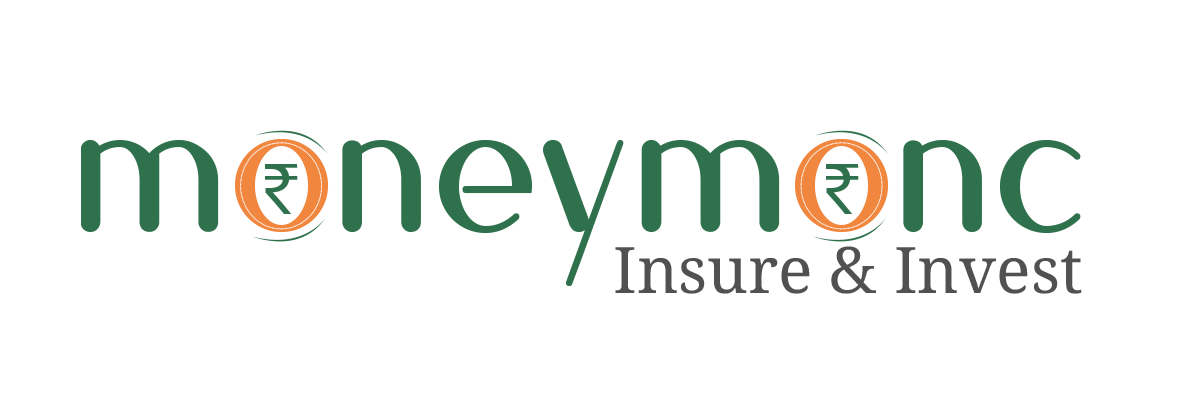With gazette notification for increase in FDI to 74 per cent by the insurance regulator IRDAI on July 8, the deck is open for global insurance companies that have been waiting in the wings to enter the highly underpenetrated Indian insurance market.
According to recent reports, global insurance majors such as Aviva and Generali are also in talks to increase shareholding in their Indian insurance ventures.
The hike in FDI cap to 74 per cent also means that the management control will be transferred to their hands in cases where domestic investors are willing. The earlier hike in FDI cap to 49 per cent in the sector had not enthused those global insurers who insist on management control. Even with 49 per cent stake in the JV, the foreign partners’ role was restricted to being an investor only.
Analysts say that the global players entering the Indian market now in the changed regime can show their Indian ventures as subsidiaries which was not possible previously.
For starters, in case the solvency margin is above 180 per cent, foreign promoters with 74 per cent stake can now repatriate profit which was not possible in the earlier existing system.
Last time when the government had hiked FDI to 49 per cent from 26 per cent, all the private sector insurers, except Tata and Bajaj, had seen an increase in their foreign partner’s stake.
The announcement to hike FDI to 74 per cent was made by finance minister Nirmala Sitharaman while presenting the Union Budget on February 1 this year.
The gazette, issued by the whole-time member of IRDAI (non-life), TL Alamelu, on July 8, clearly mentions that in an Indian Insurance Company having foreign investment exceeding 49 per cent, for a financial year for which dividend is paid on equity shares and for which at any time the solvency margin is less than 1.2 times the control level of solvency, not less than 50 per cent of the net profit for the financial year shall be retained in general reserve.
Moreover, not less than 50 per cent of its directors shall be independent directors, unless the chairperson of its Board is an independent director, in which case at least one-third of its Board shall comprise independent directors, it said.
“The biggest implication of the legislation allowing increase of shareholding from 49 per cent to up to 74 per cent is that now foreign insurance companies can aspire to have management control of the JV companies that they have in India and classify them as subsidiaries. This will lead to them having to comply with not only Indian laws and regulations, but eventually also the global laws and regulations in their home jurisdictions (for example GDPR & IFRS17 for European companies),” said Joydeep K Roy, Partner, PwC Global Leader of Health Insurance Practice.
“This may also encourage many companies to enter India afresh, especially those who wanted to enter earlier but did not want to have less than 50 per cent shareholding,”
Additionally, it will help the industry bring in much needed capital in the capital-intensive life insurance companies to begin with. As of now, India has 24 life insurers including state-owned LIC.
“In the initial phase, it is likely to meet with requirements of a few life insurance companies,” said AV Girija Kumar, former CMD, Oriental Insurance Company.
GM Balachandran, former GM, GIC Re said the increase was long overdue especially as life insurance is very capital intensive. He also added that in the non-life insurance sector, several reinsurance arrangements were being made principally because the Indian partner was reluctant to bring in capital while the foreign partner faced hurdles.
This arrangement where insurers in the country have entered into Capital Gearing treaties in numerous forms, including quota share reinsurance arrangements was banned by the insurance regulator IRDAI last year.
Fairfax, promoted by Prem Watsa, a Canadian investor of Indian origin, has made quickest gains of USD 1.4 billion from its investment of USD 154 million in Indian non-life insurance joint venture, Go Digit within a span of four years.
The gain is almost double of what it made out of its investment in the country’s largest private sector non-life insurer, ICICI Lombard.
That investment is currently carried on Fairfax’s balance sheet at USD 532 million and, when the new equity issuances by Digit Insurance close by the third quarter of the year, it will have an aggregate market value of approximately USD 2.3 billion.
Fairfax’s 49.0 per cent equity interest in Digit comprises 45.3 per cent interest in Digit common shares and 3.7 per cent interest through Digit compulsorily convertible preference shares that are considered in-substance equity.
Foreign direct ownership in the insurance sector in India is currently limited to 49 per cent and, as a result, the remainder of Fairfax’s investment in Digit compulsorily convertible preference shares is recorded at fair value through profit, said the company in a recent statement from Toronto.
This indicates that with the new regulations not only will foreign partners look to hike their stake, they will also bring in international best practices in business, technology and customer services.
According to G Srinivasan, Director, National Insurance Academy, Pune, “This will contribute to better penetration and higher density of insurance. The regulations while granting management control to foreign partners with increased stake have put in place adequate safeguards.”
It states that the majority of directors , majority of KMPs and at least either Chairperson or MD or CEO needs to be resident Indian citizens. Further, where solvency is less than 1.80, in such companies 50 per cent of profits need to be transferred to the General Reserve if dividend is to be paid. Hari Radhakrishnan, Regional Director, Amicus Insurance Broking services said that there seems to be an unfounded fear that foreigners will come and run the show to the exclusion of Indians, which is unlikely to happen.
Many foreign shareholders will also increase their shareholding as there is a RBI directive asking banks to dilute their shares from non-core assets. Most prominent private insurers in India are promoted by banks.
The state-run banks may be interested in moving out of the non-core business by bringing down their stakes in the insurance arms and thus getting the much-needed foreign capital to strengthen their balance sheet. So, rather than looking at the Centre for meeting their capital requirement, they can be self-sufficient by shedding their stakes to the foreign partners in the joint ventures.
(Kumud Das is a Pune-based teacher and freelance journalist, who writes on insurance, banking and human interest stories)


